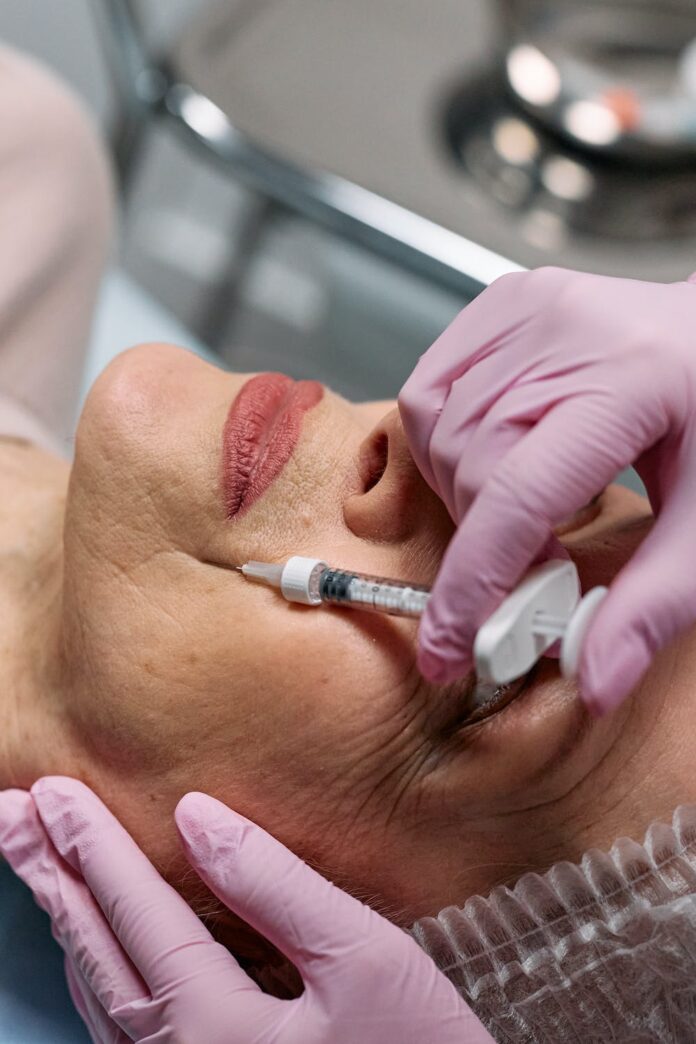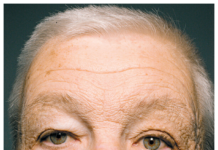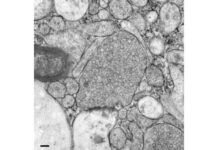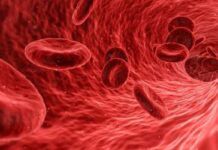A mechanism that metabolizes toxic substances may lengthen the lifespan and may have positive anti-ageing results.
Researchers have discovered that increasing the expression of the adh-1 gene is sufficient to delay ageing. The experiments involved yeast and the model worm C. elegans. Moreover, they hypothesize that this may also be true in humans.
The senior author of the study Dr Eyleen Jorgelina O’Rourke said in a statement
The discovery was unexpected,
We went after a very well-supported hypothesis that the secret to longevity was the activation of a cell-rejuvenating process named autophagy and ended up finding an unrecognized mechanism of health and lifespan extension.
A worm called C. elegans shares more than 70% of its DNA with humans. It has established itself over time as an immensely useful tool for scientific research. Moreover, O’Rourke and his team assumed autophagy to be the key to anti-ageing in an earlier study of C. elegans and other creatures. When they discovered a way to double the worms’ lifetime without increasing autophagy at all, the excitement was unimaginable.
AMAR
They discovered the mechanism known as AMAR, “Alcohol and aldehyde dehydrogenase-mediated anti-aging response.”.
The researchers hypothesized that turning on this process would enhance the metabolism of two fat by-products. These. by-products naturally accumulate in our systems over time. One of them is glycerol, which would be directly broken down. Moreover, the other is glyceraldehyde, which would then be indirectly broken down. The removal of glycerol and glyceraldehyde should result in healthy ageing. And a longer life because they are thought to have harmful consequences.
In addition, another surprising discovery was that the AMAR effect might be activated by merely raising the expression of adh-1, a gene that produces the alcohol dehydrogenase enzyme.
Anti-Ageing Strategy in Mammals
Since the worm research had positive results, the team investigated the findings in yeast. And they were also successful in extending yeast longevity. In addition, they studied the literature and discovered a link between higher alcohol dehydrogenase levels and caloric restriction or fasting, which they regard as an anti-ageing strategy, in mammals, including humans.
According to the researchers, glycerol and glyceraldehyde naturally rise over time as the body accumulates more fat with advancing age. Their findings raise the possibility of triggering the AMAR protective mechanism in other species in order to avoid the potentially damaging effects of glycerol and glyceraldehyde and possibly lengthen life.
O’Rourke said,
We hope to attract interest in developing therapeutics that target AMAR
With age-related diseases currently being the major health burden for patients, their families and the healthcare system, targeting the process of aging itself would be most effective way to reduce this burden and increase the number of years of independent healthy living for all of us.




